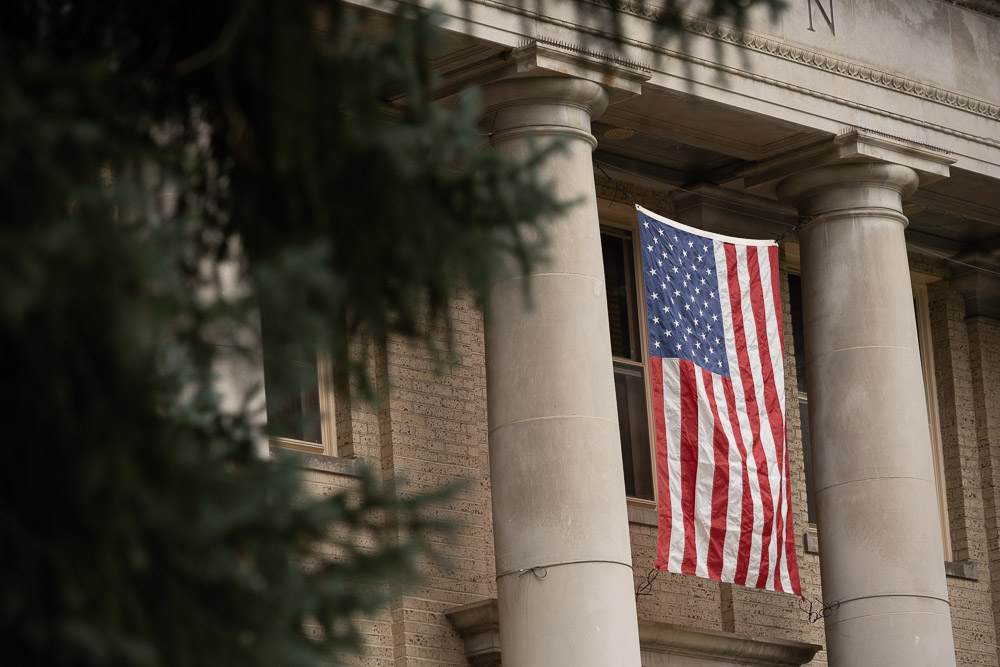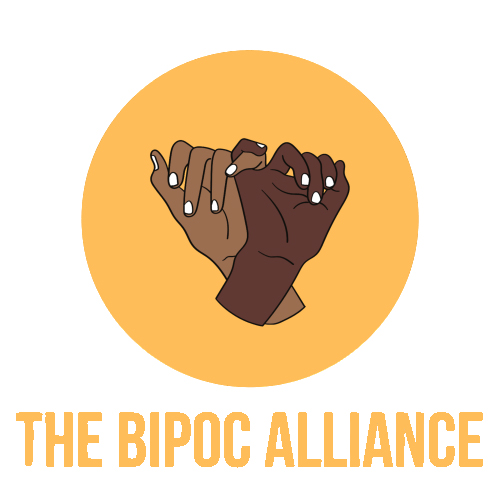
“Americans have long been trained to see the deficiencies of people rather than policy. It’s a pretty easy mistake to make: People are in our faces. Policies are distant. We are particularly poor at seeing the policies lurking behind the struggles of people.”
― Ibram X. Kendi, How to Be an Antiracist
From a historical standpoint, progress related to equity in civic processes has often occurred in the United States because of communities, specifically marginalized communities, advocating for their rights and needs from outside the systems and structures in power – through protest, demonstrations, art, and community care.
But change happens from within the systems, too. Community organizers, leaders, advocates, and change makers have long recognized the need for representation, or where there is none, to lobby those with institutionalized power to make changes that positively affect those without it. Focusing on equity and inclusion at all stages and across all levels of local government is one of the most effective ways to create tangible change.
When major election cycles are over, such as the period we are in now, the question of how to center equity in these processes can be a bit daunting. After the vote, what’s next? How do we continue shifting and shaping government to be change from within to be more inclusive? The answer: local civic engagement.
Through community legislative policy making, local elections, town halls, budgeting processes and more, active participation of people is paramount to governments reflecting the populations they serve. While there is much more work to do, Colorado State University and Fort Collins community members don’t have to look far for inspiration on how to approach the work with inclusion and intention.
BIPOC Alliance: Demonstrating the power of collective action
 Within Fort Collins is a powerful example of community-driven inclusive and equitable civic engagement: the BIPOC Alliance. Launched over the summer, the Alliance represents a collective of Black, Indigenous, and People of Color community members and allies throughout Larimer County engaged in efforts to decolonize systems and institutions. It is led by founders Johanna Ulloa Girón and Andrew Naves, alongside several community members representing a wide range of industries, identities, and knowledge areas.
Within Fort Collins is a powerful example of community-driven inclusive and equitable civic engagement: the BIPOC Alliance. Launched over the summer, the Alliance represents a collective of Black, Indigenous, and People of Color community members and allies throughout Larimer County engaged in efforts to decolonize systems and institutions. It is led by founders Johanna Ulloa Girón and Andrew Naves, alongside several community members representing a wide range of industries, identities, and knowledge areas.
Even in its beginning stages, the BIPOC Alliance has already shifted the way some civic processes in Fort Collins respond to marginalized community voices. After Fort Collins City Council released information about the 2021 budget, the BIPOC Alliance pulled together a team of volunteers to read, interpret, and analyze the proposed budget with a lens for equity. In addition to concerns about equitable outcomes across budget sections, the lack of accessibility in terms of translation, clarity of content, and truncated turnaround time for adequate community input were noted as major challenges.
The Alliance activated its network through social media, easy-to-understand videos and handouts in both English and Spanish, and virtual meetings that broke down the complicated budget documents. Community members were encouraged to engage City Council through emails, meetings, and public comment to express expectations for more equitable processes and investments regarding the City’s proposed budget.
What resulted was encouraging. Fort Collins City Council responded to calls from community members and City staff are now in regular in dialogue with the BIPOC Alliance around how to re-envision future budgeting approaches to better center accessibility, transparency, and equity, including how to engage marginalized populations from the beginning of the strategic planning process. As for the BIPOC Alliance, one of their priorities is developing skills among community members to be more active and engaged in city issues. Increasing understanding of the budget and familiarity with the budgeting process are strategies they plan to leverage to advance more equitable community participation and ensure future budget cycles invest more in producing equitable community outcomes.
Family Leadership Training Institute: Fostering inclusive and engaged communities
 Another effort changing the way communities engage with one another and the civic process is the Family Leadership Training Institute of Colorado. An initiative within CSU’s Division of Engagement and Extension, FLTI is a nonpartisan, multisector and community-driven effort to cultivate healthier, more inclusive communities and systems in which all Coloradans can thrive.
Another effort changing the way communities engage with one another and the civic process is the Family Leadership Training Institute of Colorado. An initiative within CSU’s Division of Engagement and Extension, FLTI is a nonpartisan, multisector and community-driven effort to cultivate healthier, more inclusive communities and systems in which all Coloradans can thrive.
The program, present in 14 communities across the state, focuses on bridging the gap between decision makers and residents to create more effective policies and programs and has a special focus on voices that have been traditionally left out of decision-making processes. Recognizing that systemic oppression, economic inequalities and other barriers to civic engagement have long existed in the U.S., FLTI works to remove these barriers to participation to grow individual and community capacity for change.
“What we know is that when content experts (i.e. decision makers and researchers) and context experts (people with lived experience) are able to learn together, plan together and act together, the community is better equipped to respond to a complex adaptive challenge like a pandemic or a racial injustice and therefore be more resilient in the face of adversity,” says Patti Schmitt, director of FLTI.
Since its founding in 2009, over 1,400 individuals have completed the program across the state of Colorado. David MacPhee, Ph.D., the Interim director of CSU’s School of Social Work, has found that FLTI has proven to be very effective in building civic capacity. For instance, in 2018–2019, 47% of participants identified as Latinx and 10% as Black, and 8 in 10 graduates identified as women. Graduates engage with civic processes at rates three times higher than national samples and are 73% more likely to contact a public official to address community issues. Pre- and post-program assessments also show major increases in civic knowledge, whether that is a better understanding of how state laws and budgets are made or who local elected officials are.
Communities are stronger together
Community-centered efforts such as FLTI and the BIPOC Alliance are prime examples of the power of collective, diverse coalitions in shifting and changing local governments and processes. Whether the efforts are grassroots activism, civic knowledge building, or organized protest and feedback, an equitable approach strengthens our communities and brings us closer to the vision of a government “of the people, by the people, for the people.”
Patti Schmitt and Cori Wong contributed to this article.